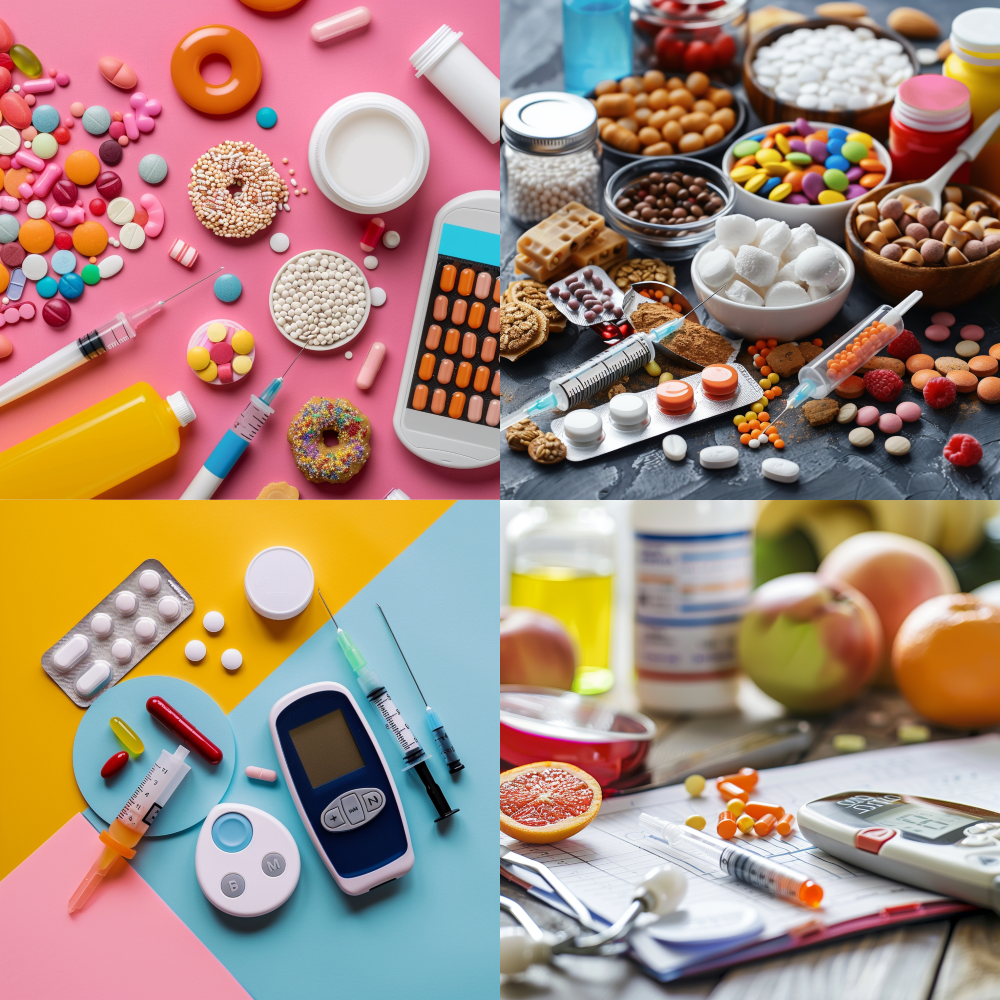Diabetes is a chronic condition that requires careful management to avoid serious health complications. One of the most critical aspects of diabetes management is diet. Certain foods can cause spikes in blood sugar levels, increase insulin resistance, and exacerbate the symptoms of diabetes. In this article, we will explore 10 foods that should be avoided by individuals with diabetes, providing scientific insights and evidence-based recommendations.
1. Sugary Beverages
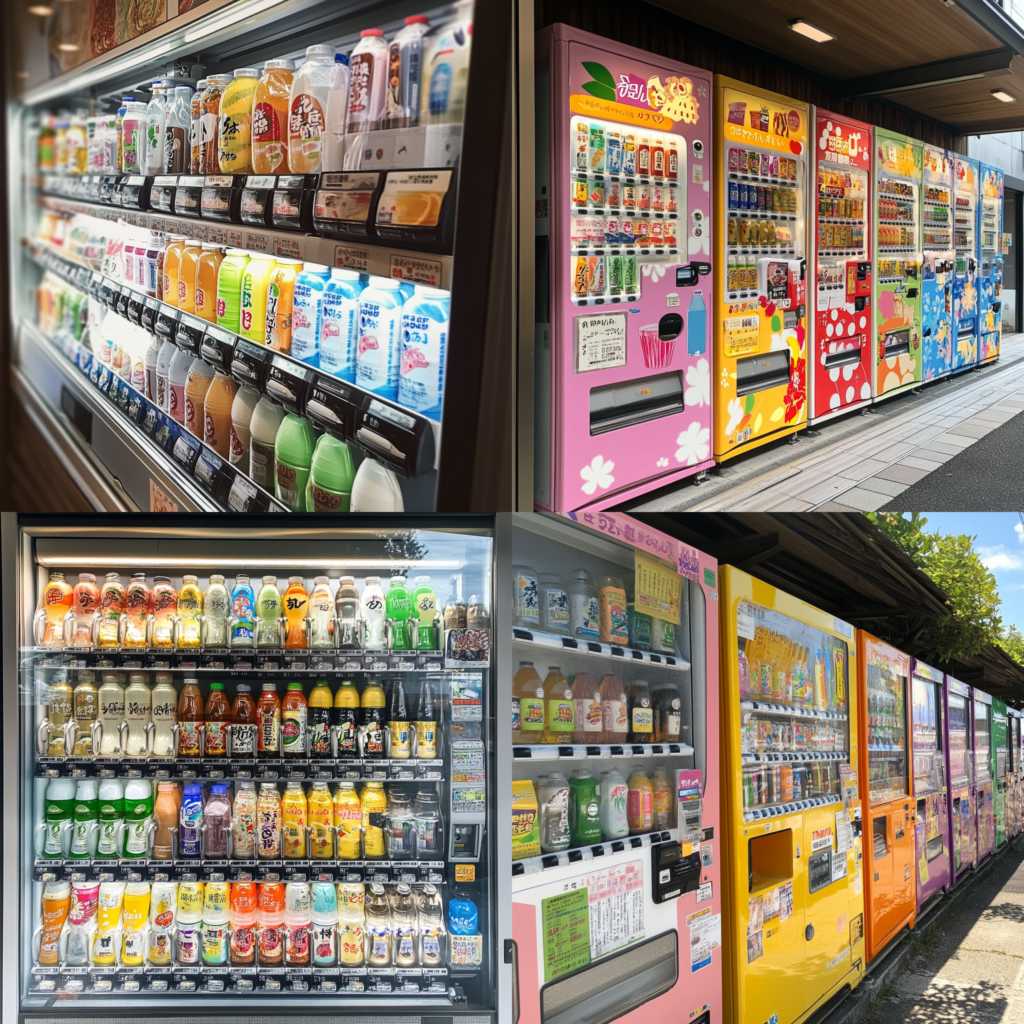
Sugary beverages like soda, fruit juices, and energy drinks are among the worst choices for individuals with diabetes. These drinks are packed with high amounts of simple sugars, leading to rapid spikes in blood glucose levels. Research indicates that consuming sugar-sweetened beverages is strongly associated with an increased risk of type 2 diabetes and poor glycemic control in those already diagnosed.
Interesting Realization: Even fruit juices, often perceived as healthy, can contain as much sugar as soda. A single serving can lead to a blood sugar spike comparable to that of consuming candy.
2. White Bread and Refined Grains
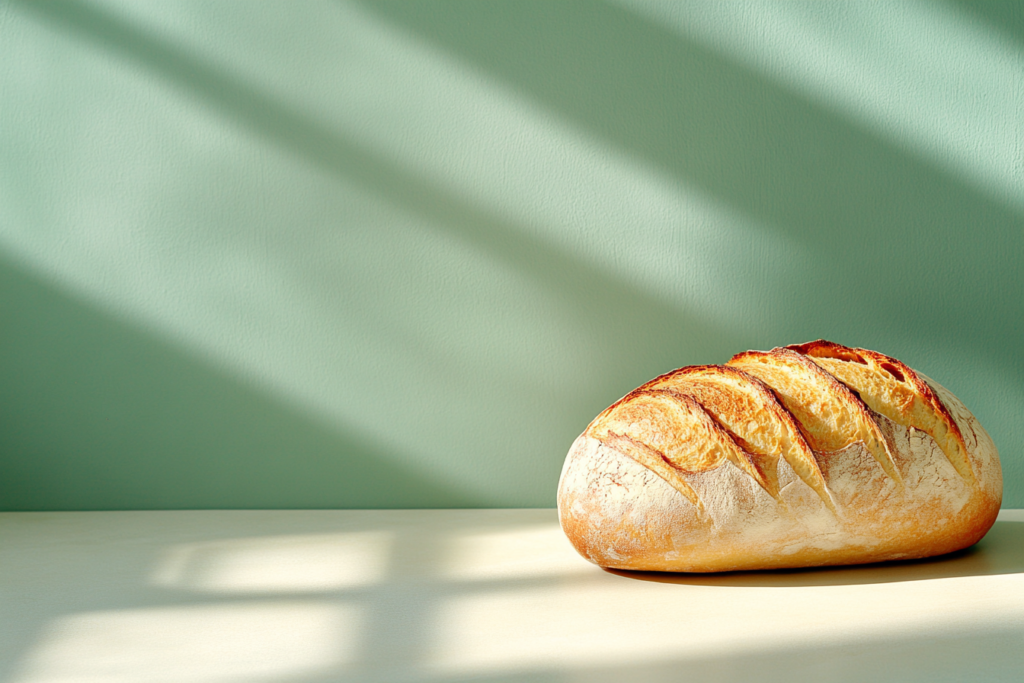
White bread, pasta, and other refined grains are low in fiber and high in processed carbohydrates. These foods are quickly digested and can lead to significant increases in blood sugar levels. Studies show that diets high in refined grains are linked to an increased risk of developing type 2 diabetes .
Interesting Realization: The glycemic index (GI) of white bread is similar to that of pure glucose, meaning it can raise blood sugar just as rapidly as consuming sugar directly.
3. Trans Fats
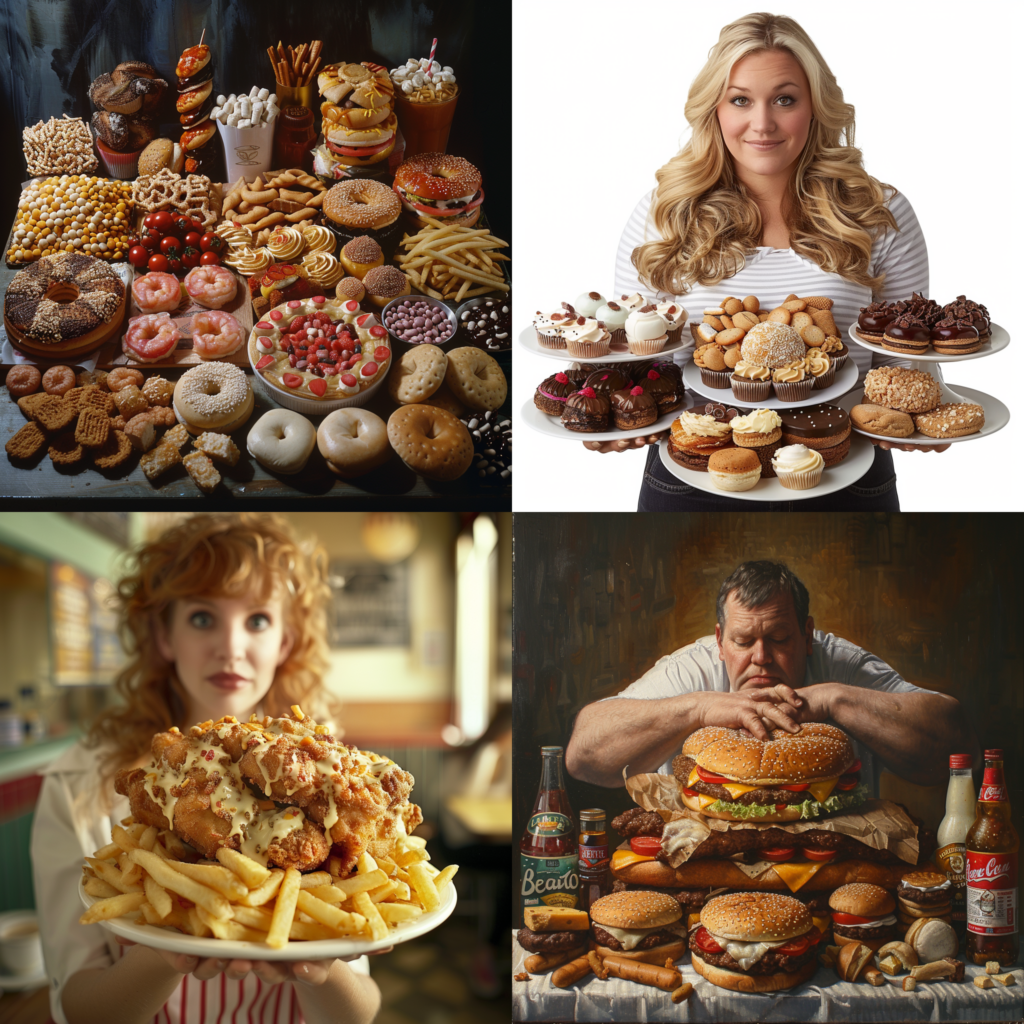
Trans fats are artificial fats created by adding hydrogen to liquid vegetable oils, making them more solid. They are found in many processed foods, including margarine, snack foods, and baked goods. Trans fats increase insulin resistance, inflammation, and the risk of developing cardiovascular disease, which is already elevated in people with diabetes .
Interesting Realization: Even though many countries have banned trans fats, they can still be found in some products under the label “partially hydrogenated oils.” Vigilance in reading food labels is essential.
4. Sweetened Breakfast Cereals
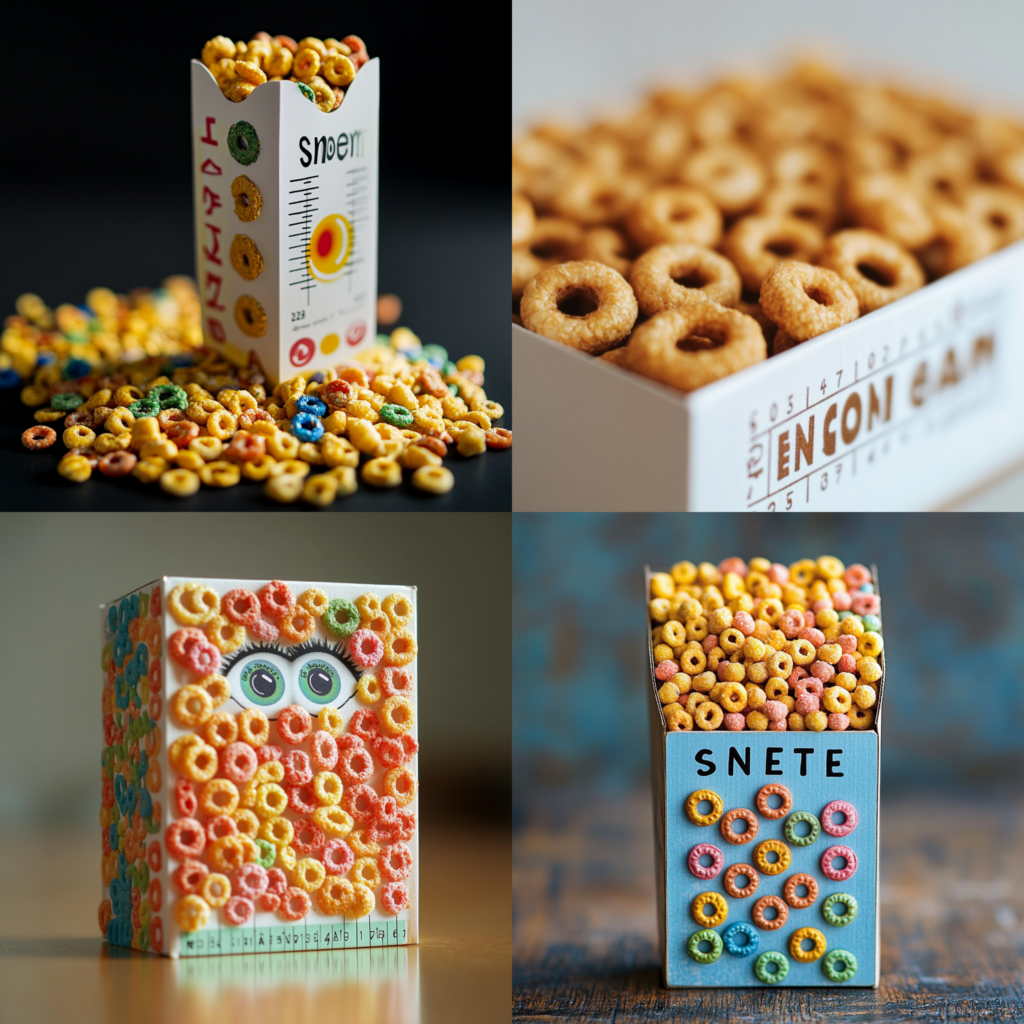
Many breakfast cereals marketed as healthy are loaded with added sugars. These cereals can cause blood sugar levels to spike and are often low in the fiber necessary to moderate glucose absorption. Despite their marketing, they are far from an ideal choice for people with diabetes .
Interesting Realization: Some cereals labeled as “whole grain” can still contain more than 20 grams of sugar per serving, making them a poor choice for managing blood sugar.
5. Flavored Yogurt
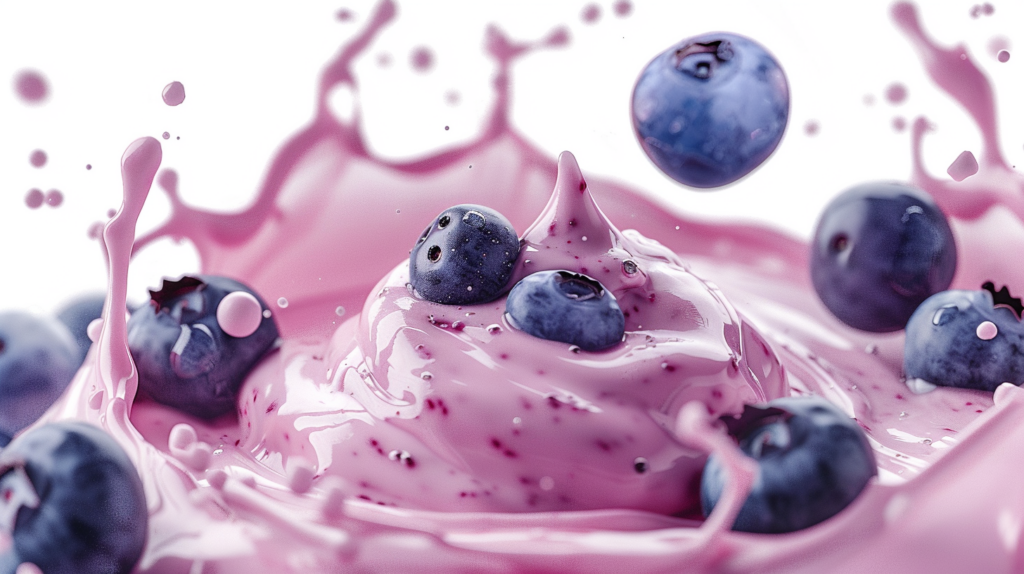
While yogurt can be a healthy option, flavored yogurts often contain high amounts of added sugar. A small serving of flavored yogurt can contain as much sugar as a candy bar, making it a risky choice for people with diabetes .
Interesting Realization: A single serving of some flavored yogurts can contain up to 31 grams of sugar, which is equivalent to nearly eight teaspoons.
6. Honey, Agave Nectar, and Maple Syrup

Natural sweeteners like honey, agave nectar, and maple syrup are often perceived as healthier alternatives to sugar. However, these sweeteners can still cause blood sugar levels to rise significantly. The body processes these natural sweeteners in much the same way it processes regular sugar, making them unsuitable for people with diabetes .
Interesting Realization: Agave nectar, often touted as a low-glycemic sweetener, contains more fructose than high-fructose corn syrup, which can be particularly harmful in excess.
7. Dried Fruit
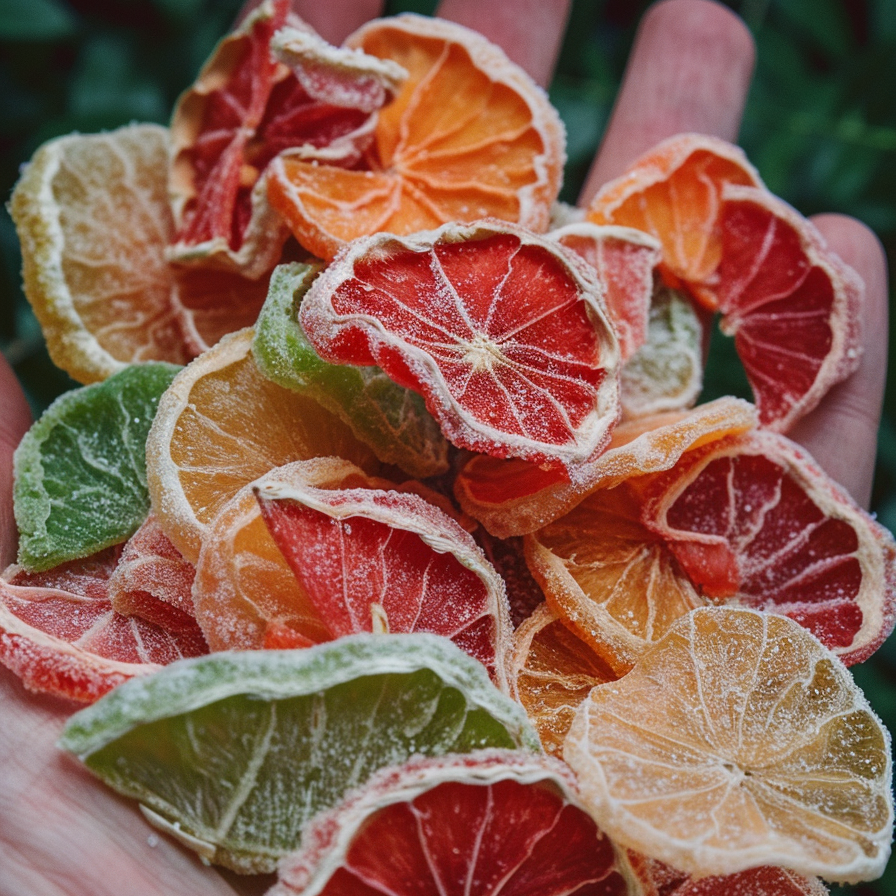
Dried fruits are nutrient-dense but also highly concentrated in natural sugars. The dehydration process removes water content, making the sugars more concentrated. For example, a small serving of raisins can have the same amount of sugar as a candy bar, leading to rapid increases in blood glucose levels .
Interesting Realization: A half-cup of dried fruit can contain as much as 40 grams of sugar, making it a less desirable option for those trying to manage diabetes.
8. French Fries
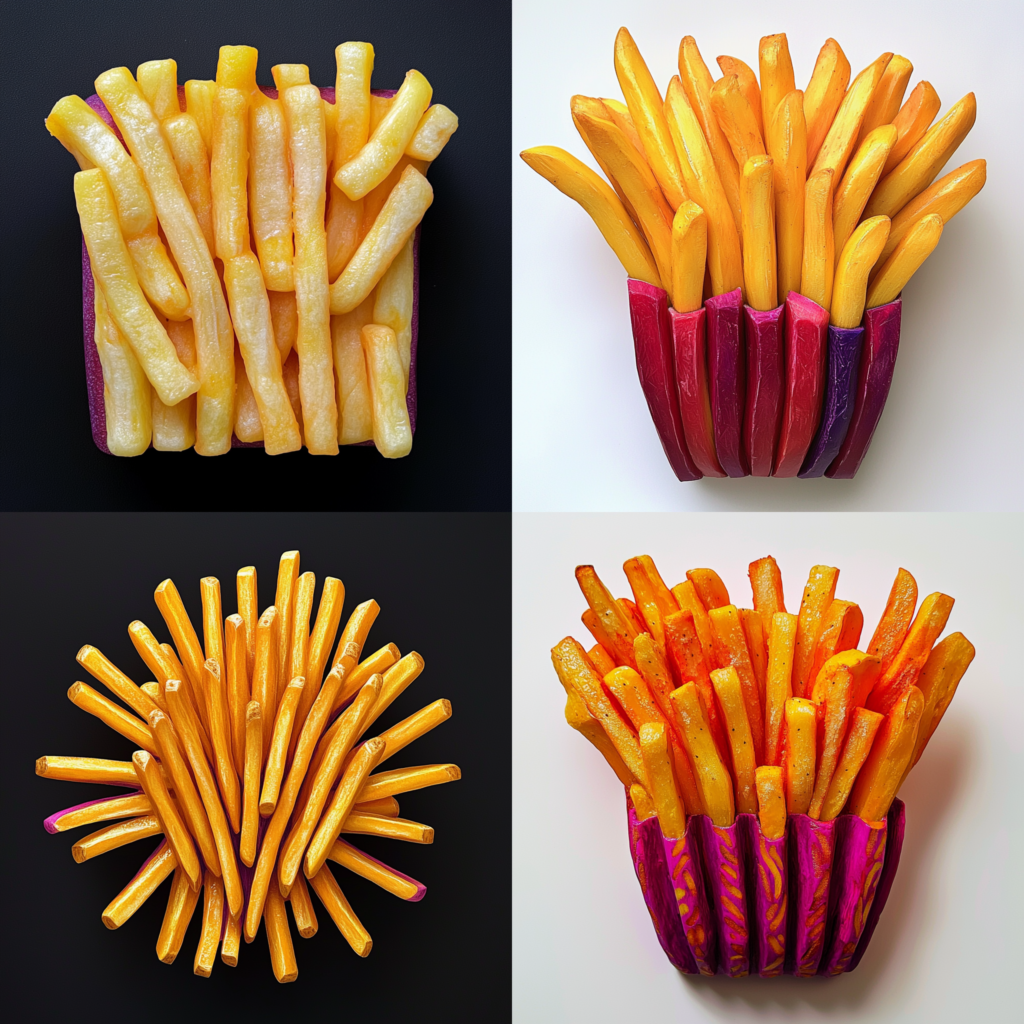
French fries are high in carbohydrates and are typically fried in unhealthy oils, making them doubly problematic for individuals with diabetes. The frying process also forms trans fats, which can worsen insulin resistance. Additionally, the high glycemic index of potatoes can lead to rapid spikes in blood sugar levels .
Interesting Realization: A medium serving of French fries can contain about 63 grams of carbohydrates, the equivalent of four slices of white bread.
9. Packaged Snacks
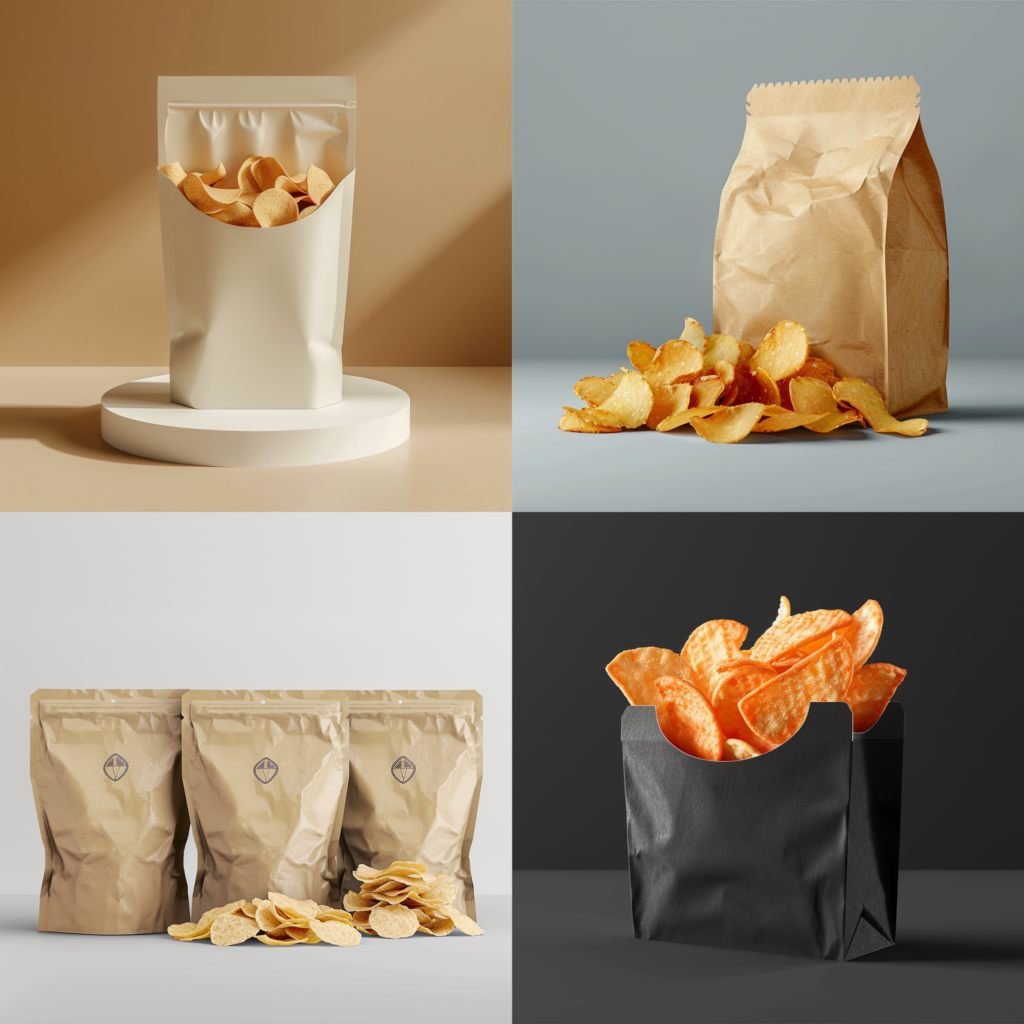
Packaged snacks like chips, crackers, and pretzels are usually made with refined flour and other processed ingredients that can cause blood sugar levels to spike. These snacks are also often high in unhealthy fats, sodium, and preservatives, which can negatively impact overall health .
Interesting Realization: Even snacks labeled as “baked” or “low-fat” can contain high amounts of refined carbs and sodium, making them deceptive in their health claims.
10. High-Fat Meats
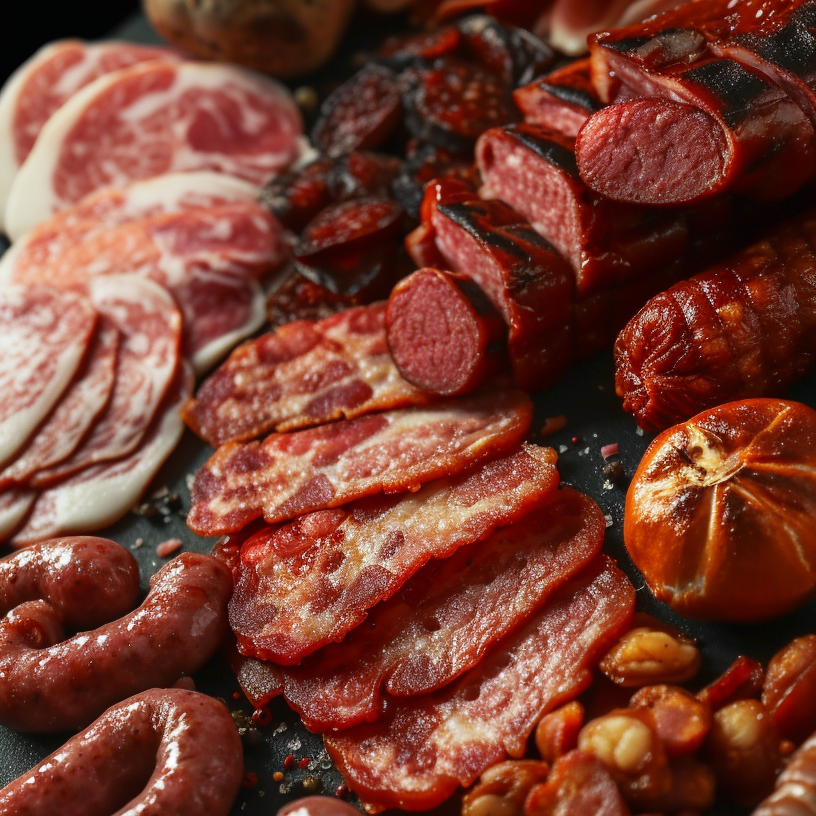
High-fat meats, particularly those processed with nitrates like bacon, sausage, and deli meats, are problematic for people with diabetes. These meats are high in saturated fats, which can lead to increased insulin resistance and contribute to heart disease—a major concern for those with diabetes .
Interesting Realization: Consuming just two servings of processed meats per week has been linked to a 30% increased risk of developing type 2 diabetes.
Conclusion
Managing diabetes requires careful attention to diet, particularly avoiding foods that can cause rapid spikes in blood glucose levels or exacerbate insulin resistance. The foods listed above are not only high in simple sugars and unhealthy fats but also offer little in the way of nutritional benefits. By avoiding these foods and opting for healthier alternatives, individuals with diabetes can better manage their condition and reduce the risk of complications.
References
- Sugary Beverages: Harvard T.H. Chan School of Public Health. Sugary Drinks and Health
- White Bread and Refined Grains: National Institute of Diabetes and Digestive and Kidney Diseases (NIDDK). What I need to know about Eating and Diabetes
- Trans Fats: American Heart Association. Trans Fats
- Sweetened Breakfast Cereals: American Diabetes Association. How to Eat Healthy
- Flavored Yogurt: Mayo Clinic. Diabetes Diet: Create Your Healthy-Eating Plan
- Honey, Agave Nectar, and Maple Syrup: American Diabetes Association. Glycemic Index and Diabetes
- Dried Fruit: Diabetes UK. Fruit and Diabetes
- French Fries: Harvard T.H. Chan School of Public Health. Carbohydrates and Blood Sugar
- Packaged Snacks: Centers for Disease Control and Prevention (CDC). Diabetes and Snack Foods
- High-Fat Meats: American Heart Association. Meats, Poultry, and Fish: Picking Healthy Proteins
This article provides a clear and well-structured guide for individuals with diabetes on what foods to avoid, supported by reputable sources. The listicle format makes the information accessible while maintaining a scholarly tone.
Lorem ipsum dolor sit amet, consectetur adipiscing elit. Ut elit tellus, luctus nec ullamcorper mattis, pulvinar dapibus leo.
